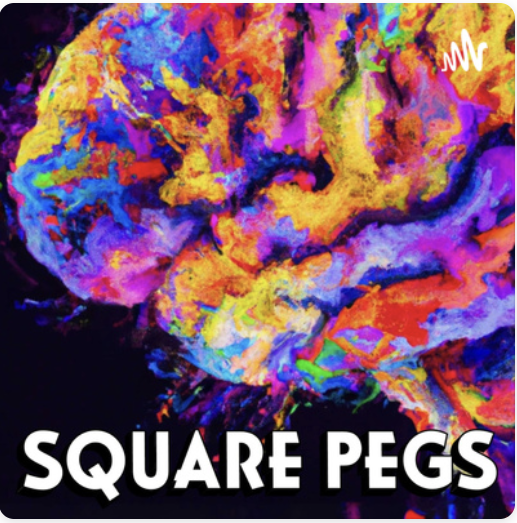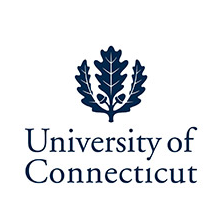Encouraging the Participation of Neurodiverse Students in STEM Graduate Programs to Radically Enhance the Creativity of the Professional Workforce

Square Pegs Podcast, Episode 1
Square Pegs is a series of intimate conversations about navigating life and learning within the neurodiverse community, hosted by Dr. Arash Zaghi, Professor at the University of Connecticut School of Engineering. In each episode, he & his team talk to neurodiverse students and experts in the field of neurodiversity.
@squarepegspod
Neurodiverse individuals, including those with ADHD, dyslexia, and frequently co-occurring conditions like dysgraphia and dyscalculia, have unique skills that may be assets in science, technology, engineering, and mathematics (STEM) fields such as risk taking, divergent thinking, and spatial visualization. Encouraging the participation of these students in STEM graduate programs will significantly benefit the creativity of our professional workforce, which in turn will help to identify groundbreaking solutions to the large-scale and complex scientific and technological challenges facing the nation. In addition to supporting national prosperity and competitiveness, increasing the participation of neurodiverse individuals in graduate programs will significantly benefit the well-being of these marginalized individuals who are currently highly underrepresented in STEM education.
This project aims to:
1) increase neurodiverse students’ awareness of their unique strengths and challenges enhances their self-efficacy and self-advocacy
2) provide opportunities for peer-to-peer interaction enhances the sense of belonging and experience of neurodiverse students in STEM graduate programs
3) provide writing interventions to enhance their writing productivity.
Read the abstract
Learn more with Neurodiversity UConn
Products & Publications

